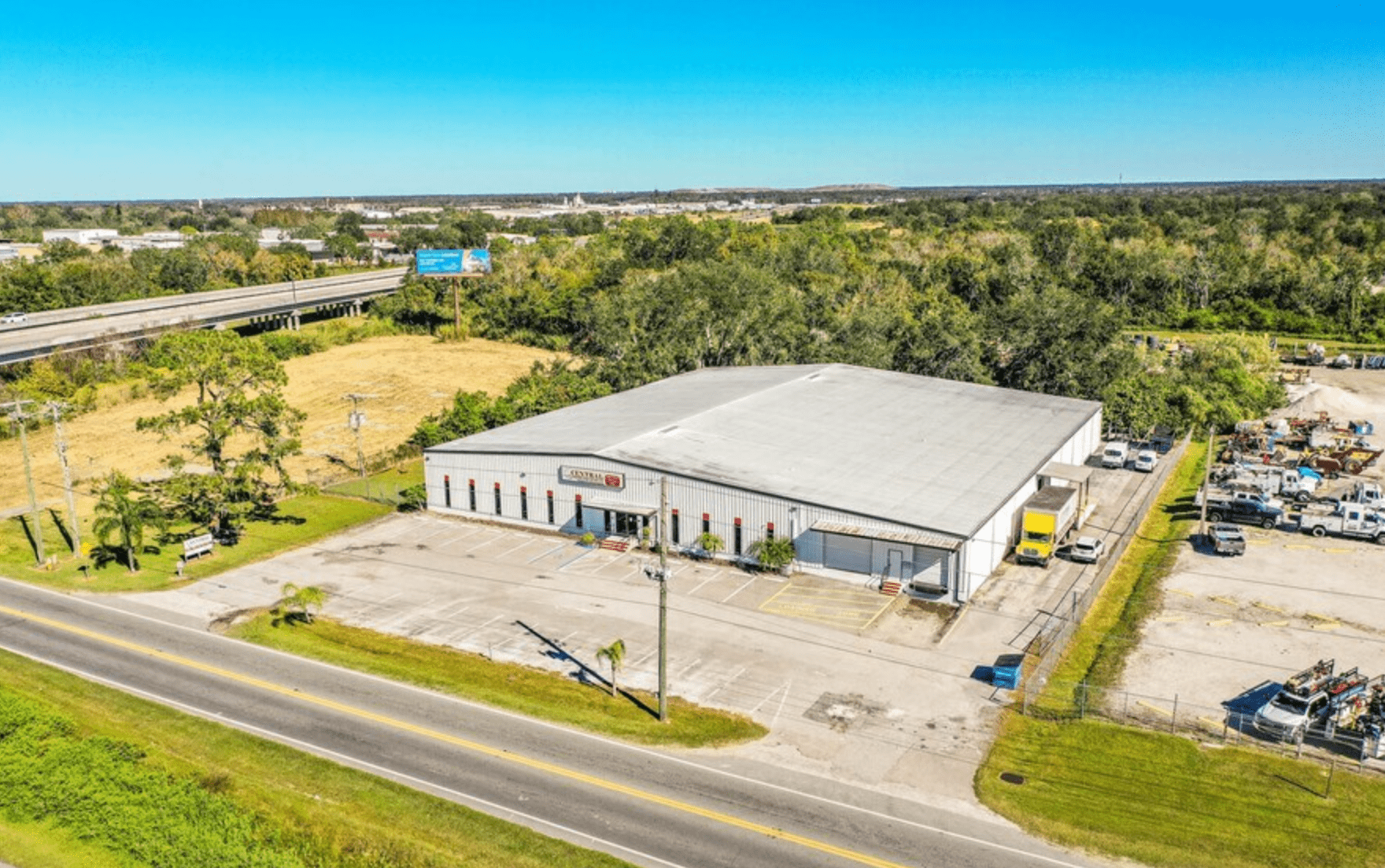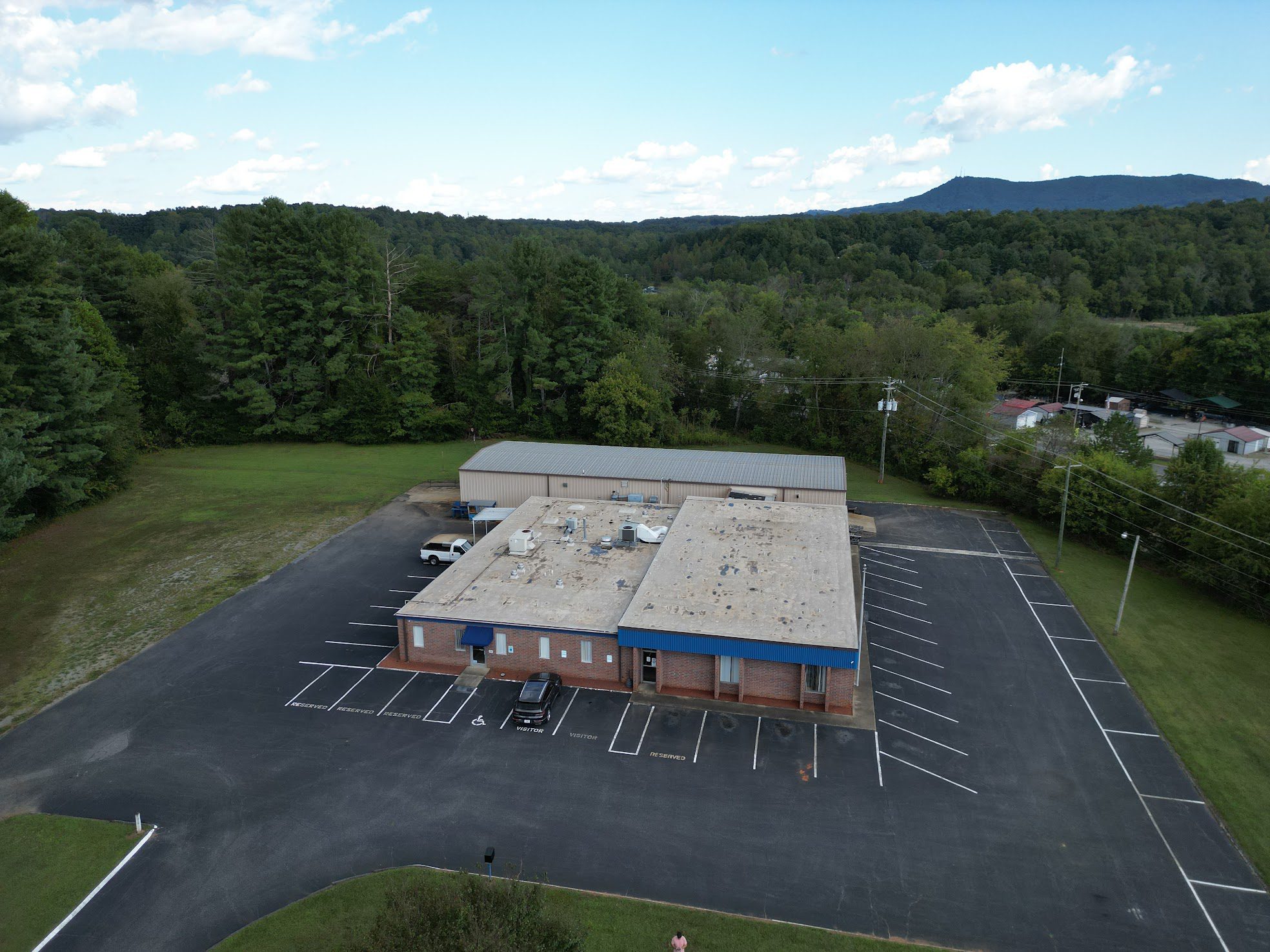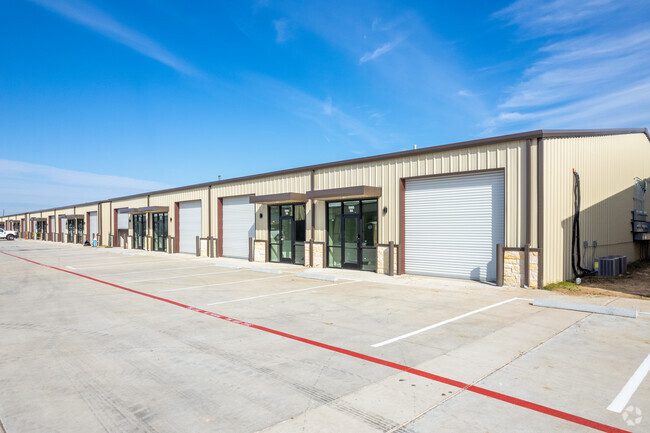Top 5 Reasons Industrial Property Owners in the Carolinas Are Choosing to Sell Now
Not long ago, industrial real estate owners in the Carolinas couldn’t imagine parting with their buildings. Demand was through the roof, tenants were paying on time, and cap rates kept compressing.
But in the last 18 months, something has shifted. At Roth Capital, we buy industrial and flex properties across North and South Carolina, and lately, more long-time owners are reaching out, curious about selling.
So what’s driving the trend? Here are the top five reasons industrial property owners in the Carolinas are choosing to sell right now.
1. Interest Rates Are High But So Are Prices
At first glance, it might seem odd to sell when borrowing costs are up. But here’s the nuance: while higher rates have slowed new acquisitions, industrial values haven’t fallen nearly as much as other asset classes.
Many flex and small-bay industrial assets in North and South Carolina are still trading at 5.5%–6.5% cap rates, especially if they’re leased and well-located. That’s because investor demand for stable, income-producing industrial properties remains strong, particularly from private buyers and family offices with cash to deploy.
For long-term owners who bought or built years ago, today’s prices often represent a peak exit opportunity, even with elevated interest rates.
Example:
We recently reviewed a 20,000 sq. ft. flex park in Concord that an owner built in 2003 for under $1.2 million. It’s now worth close to $3.5 million without any major renovations.
Bottom line: If you have a stabilized asset, this may be a smart time to lock in gains before broader industrial pricing adjusts further.
2. Operating Costs Are Rising Faster Than Rents
Taxes, insurance, and maintenance costs have surged across the Carolinas, particularly for older metal and block buildings.
-
Property insurance has increased 20–40% in many counties since 2021.
-
Property taxes have spiked following reassessments in Mecklenburg, York, and Greenville Counties.
-
Material and labor costs make even simple repairs expensive.
Meanwhile, rent growth, while still positive, is starting to moderate. Many owners are realizing that higher expenses are eating into their cash flow, even if rents keep climbing modestly.
For owners nearing retirement or managing properties personally, the math no longer makes sense. Rather than take on another roof replacement or parking lot resurfacing, they’re opting to sell to groups like Roth Capital that can reinvest in upgrades and scale management efficiently.
3. The Tenant Mix Has Changed
The Carolinas have seen an explosion of small-bay and flex tenants—HVAC contractors, logistics operators, e-commerce suppliers, and service-based businesses.
While demand is healthy, managing these tenants can be time-consuming. Most want short leases (1–3 years), need occasional buildouts, and expect quick response times for maintenance.
Some long-term owners who used to lease to just a few anchor tenants now find themselves managing a dozen smaller users—a full-time job.
That’s leading many to sell to professional investors who specialize in multi-tenant industrial and flex management, allowing them to cash out without the ongoing headaches.
A common conversation we hear:
“I love this building, but I’m done chasing keys and collecting rent checks every month.”
If that sounds familiar, you’re not alone.
4. Timing the Market Before New Supply Hits
While small-bay and flex development has lagged behind big-box industrial, that’s beginning to change, especially around Charlotte, Greenville, and Raleigh.
Developers are now delivering smaller, modern industrial parks with higher clear heights, better loading, and energy-efficient features. As this new supply comes online, older properties without upgrades may face stiffer competition for tenants.
Many savvy owners see the writing on the wall: sell now while demand is strong for functional older space. Once tenants start moving into newer flex parks, cap rates on older buildings may soften.
At Roth Capital, we’re already seeing the gap widen between “new vintage” flex and “older small-bay” product. Selling before that spread grows can make a measurable difference in your net proceeds.
5. Life Events and Portfolio Shifts
Sometimes, the decision to sell isn’t about market timing at all. It’s personal or strategic.
We’ve recently helped owners sell because they were:
-
Retiring or relocating out of the Carolinas
-
Consolidating smaller holdings into one larger asset
-
Refocusing on other asset classes such as multifamily, retail, or IOS
-
Transitioning properties into estate planning or family trusts
In each case, selling direct made sense. They wanted a confidential, no-hassle transaction with a local buyer who could close quickly without brokers, listings, or endless showings.
Why Selling Direct Makes Sense Right Now
Selling directly to a qualified buyer like Roth Capital can be a smoother and faster path than listing on the open market, especially in today’s uncertain environment.
Here’s how we approach it:
-
No commissions or listing delays
-
Fast due diligence and closings, often within 30–45 days
-
As-is purchases with no repairs or tenant disruptions
-
Confidential process to protect tenant relationships
-
Local market focus—we specialize in NC and SC, not nationwide spreadsheets
Many owners appreciate the transparency: no inflated numbers, no long waiting periods, just straightforward valuations and dependable closings.
If you’re curious what your industrial property might bring in today’s market, we’ll gladly provide a confidential review—no pressure, no obligation.
What to Watch Next in the Carolina Industrial Market
Even as national headlines warn of a slowdown, the Carolinas remain one of the strongest industrial regions in the U.S.
Here’s what we expect over the next 12 months:
-
Continued demand for small-bay and flex space near major metros
-
Higher emphasis on functionality—clear heights, parking, and accessibility
-
Gradual rent stabilization, not collapse
-
Ongoing consolidation as private buyers and regional funds accumulate portfolios
That stability is good news. But for owners thinking about selling, it also means that buyers are still active—for now. Waiting another year or two could mean a softer market if new construction ramps up and interest rates stay high.
Thinking About Selling Your Industrial Property?
If you own an industrial, flex, or small-bay property in North or South Carolina, now might be the right time to explore your options.
At Roth Capital, we buy directly from property owners—no commissions, no marketing process, and no surprises. Our team specializes in local acquisitions and understands what makes each Carolina submarket unique.
Contact us today for a confidential valuation or to discuss your goals. Even if you’re not ready to sell, we can give you honest feedback on timing, pricing, and strategy based on real market activity.





Recent Comments